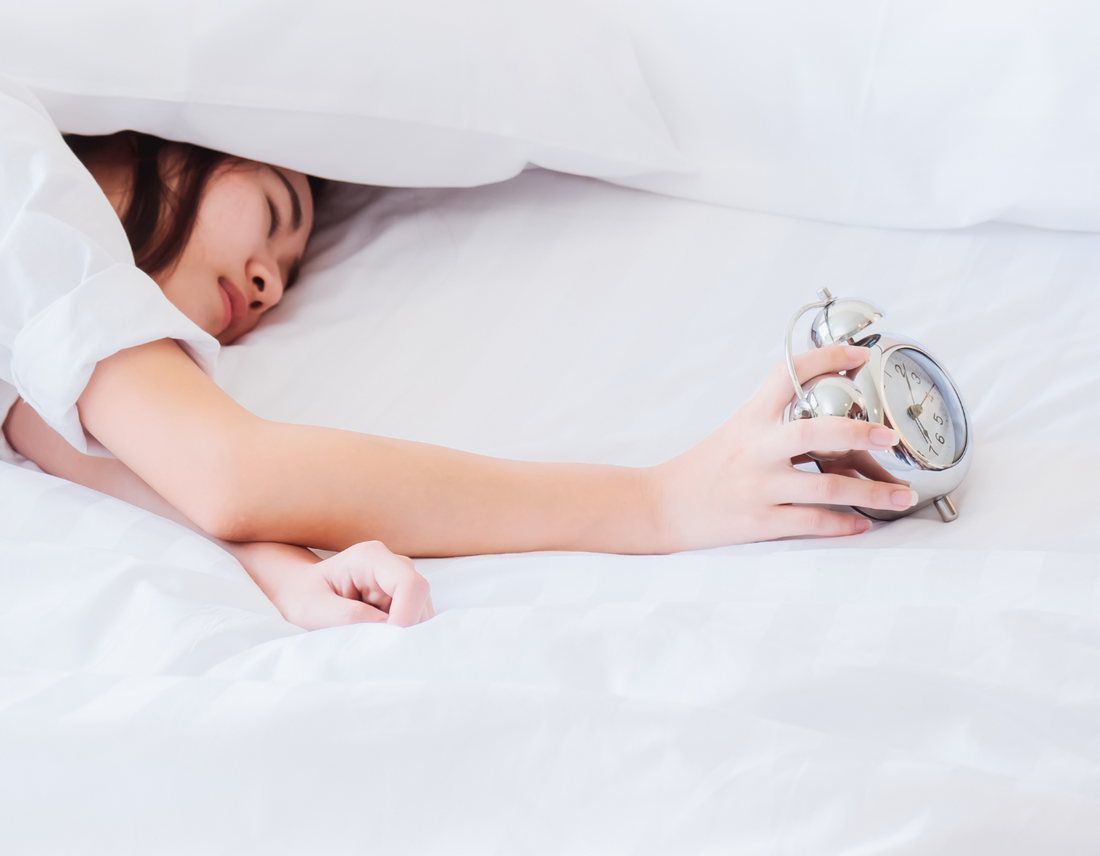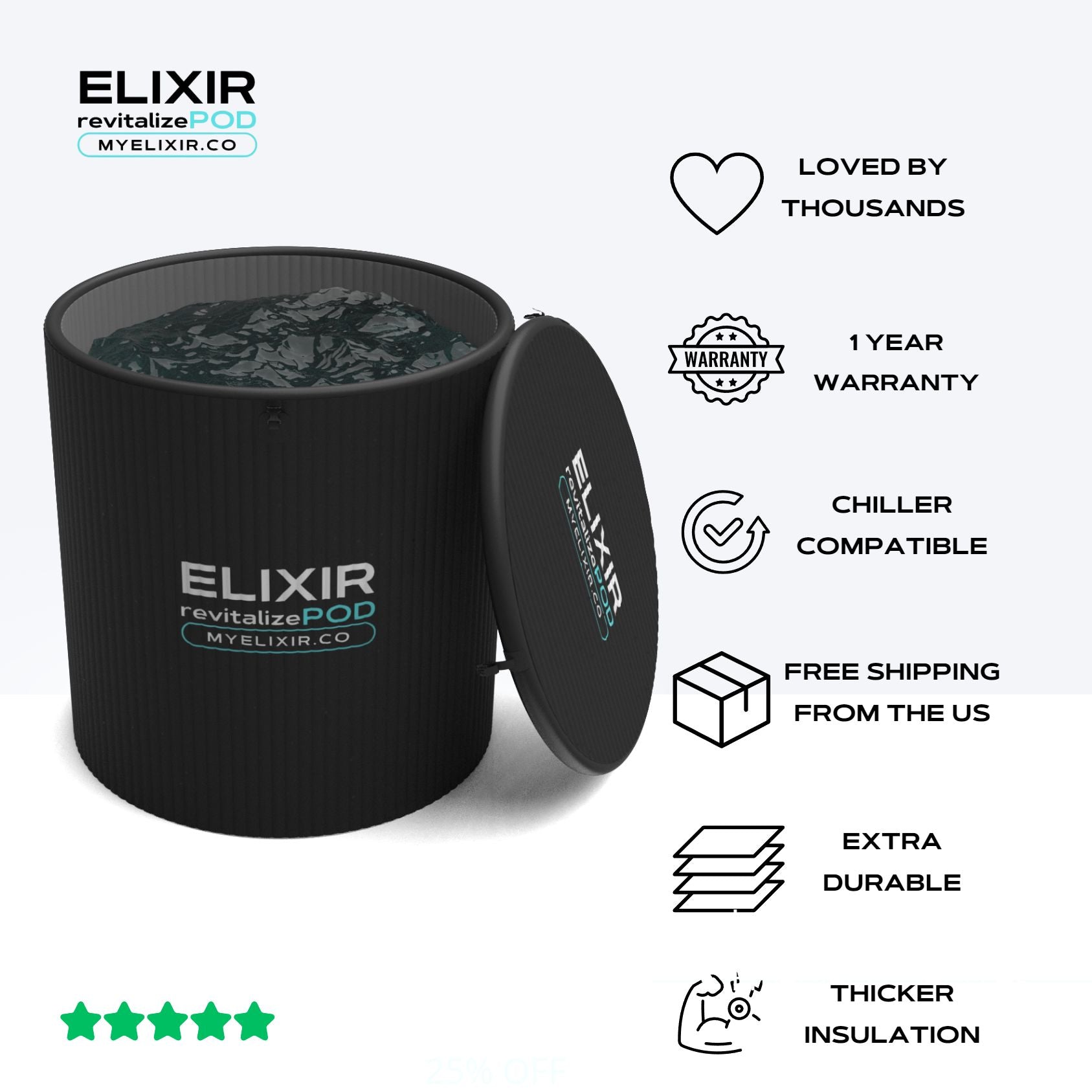Cold water therapy, a practice with roots in ancient cultures, has recently gained attention as a potential solution to modern health challenges. Among its many benefits, improving sleep quality stands out as a significant advantage. With sleep playing a vital role in overall health and well-being, understanding how cold water therapy can enhance rest is worth exploring.
What Is Cold Water Therapy?
Cold water therapy involves exposing the body to cold water through activities like ice baths, cold showers, or even swimming in cold natural bodies of water. The practice is known to stimulate the body's natural healing processes, reduce inflammation, and improve circulation. These physiological effects also extend to improving mental and physical states that are directly connected to better sleep.
The Link Between Cold Water Therapy and Sleep
1. Stress Reduction Stress is one of the most common disruptors of sleep. Cold water immersion activates the vagus nerve, which plays a key role in the parasympathetic nervous system, also known as the "rest and digest" system. By reducing cortisol levels and promoting relaxation, cold water therapy helps create a calm state conducive to falling asleep more easily and staying asleep longer.
2. Temperature Regulation Body temperature significantly influences sleep. The natural drop in body temperature at night signals the body to prepare for rest. Cold water therapy can mimic and enhance this effect by lowering the body's core temperature, helping initiate the body's sleep cycle. Studies show that a cooler body temperature is associated with deeper, more restorative sleep stages.
3. Improved Circulation Cold water exposure boosts blood circulation by constricting and dilating blood vessels. This enhanced circulation can help detoxify the body, relieve muscle tension, and reduce swelling—all of which contribute to physical relaxation. A relaxed body often translates to a mind that is more prepared to embrace rest.
4. Mood Regulation Cold water therapy triggers the release of endorphins and serotonin, chemicals associated with happiness and well-being. Regular exposure to cold water can alleviate symptoms of anxiety and depression, which are often linked to insomnia and other sleep disorders. Feeling emotionally balanced and calm makes it easier to drift into a peaceful slumber.
5. Reduced Inflammation Inflammation and pain can disrupt sleep, especially for individuals with chronic conditions like arthritis or fibromyalgia. Cold water therapy's anti-inflammatory effects can alleviate discomfort, paving the way for a more comfortable and uninterrupted sleep.
How to Incorporate Cold Water Therapy for Sleep
1. Cold Showers A simple and accessible method, taking a cold shower before bed can help cool the body and promote relaxation. Start with lukewarm water and gradually decrease the temperature as your body adjusts.
2. Ice Baths For those looking for a more intense approach, ice baths can be effective. Limit sessions to 5–10 minutes and maintain water temperatures between 50–59°F (10–15°C).
3. Cold Water Swimming If you're adventurous, try swimming in cold natural waters. This method combines the benefits of cold exposure with the soothing effects of nature, further enhancing relaxation.
4. Cold Packs or Compresses For individuals hesitant to fully immerse themselves, applying cold packs to specific areas like the neck, wrists, or feet can still provide some benefits.
Precautions to Keep in Mind
While cold water therapy offers numerous benefits, it’s important to approach it cautiously:
• Start slowly to allow your body to adapt.
• Avoid prolonged exposure to extremely cold water to prevent hypothermia.
• Consult a healthcare professional if you have underlying health conditions, such as cardiovascular issues.
Conclusion
Cold water therapy is a natural, accessible way to improve sleep quality by addressing the physical and mental factors that contribute to restlessness. From lowering stress and inflammation to enhancing mood and circulation, the practice offers a range of benefits that prepare both the body and mind for restorative sleep.
If you’re struggling with sleepless nights, consider incorporating cold water therapy into your routine. With consistency and care, this age-old practice might just be the key to unlocking better sleep and greater overall well-being.



